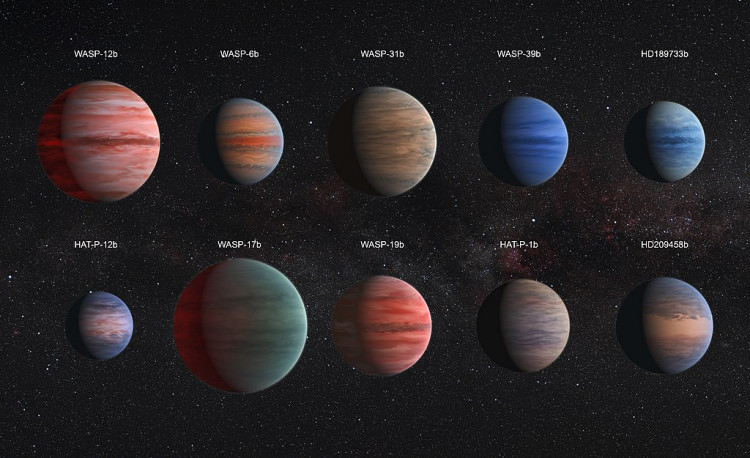Scientists hope to discover the secrets of the cosmos and identify Earth-like planets outside of our solar system in the next decade in order to uncover more habitable worlds. In the end, this investigation may disclose whether or not we are truly alone.
This is the top goal highlighted in the National Academies of Sciences, Engineering, and Medicine's highly anticipated Astro2020 decadal survey, which was released on Thursday.
The document, titled "Pathways to Discovery in Astronomy and Astrophysics for the 2020s," identifies three top-line items that the disciplines should focus on: the discovery and study of habitable exoplanets, the exploration of black holes and neutron stars as windows to the early universe, and a better understanding of galaxy origins and evolution. It also emphasizes the significance of broadening and diversifying astronomy.
"This report sets an ambitious, inspirational and aspirational vision for the coming decade of astronomy and astrophysics," Fiona Harrison, co-chair of the National Academies' steering committee for the survey, said in a statement.
Gravitational waves, direct imaging of exoplanets and a black hole, and even the identification of heavy elements generated when two neutron stars collided have all been ground-breaking scientific discoveries in the last ten years.
Because much of the 2010 decadal survey has been completed, scientists agree that it's time to look ahead at what may be learned about the cosmos using space and ground-based astronomy.
Government agencies such as NASA and the National Science Foundation (NSF) rely on decadal surveys to decide how to allocate funding and other resources.
The Next Generation Space Telescope, for example, was chosen as the highest-priority mission to develop over the next ten years in the 2001 astronomy and astrophysics decadal. The ambitious observatory, now known as the James Webb Space Telescope, is set to launch on Dec. 18 from French Guiana.
The decadal also emphasizes the importance of increased investment in research facilities, early-career scientists, and critical activities such as data archiving.
Both astronomy and astrophysics are male-dominated sciences, with minority representation lower than that of society as a whole - a reality that the new report hopes to remedy.
"NSF and NASA should implement funding for traineeship and postdoctoral fellowships to develop diverse and inclusive excellence," the report stated.






